Resources for designing later life
Here at Mindset for Life we regularly come across articles, websites and events that inspire us and link to the core themes and content of the Mindset for Life program.
On this page, we’ll post links and references to books, resources and information that some of us have found useful.
Your story
Connecting with our own story is an important step to knowing what will keep us happy and fulfilled in our later years. Yet often, we describe our story more in terms of what we do (or have done) than what makes us happy, what sparks joy, or what we’ve come to care about over the years. In this section, you’ll find some resources that the Mindset for Life team have found helpful in getting to know their own story as a foundation for a positive and fulfilling post-work life.

Honest stories about retirement and finding meaning after work
Michael Longhurst (author of Enjoying Retirement), was interviewd by the ABC and shared people’s stories from his Retire 200 research findings.
View resourceWhat’s your story in the future?
In this compelling TED talk Psychologist Dan Gilbert argues that our currnet vision of our future self is almost certainly wrong.
View resource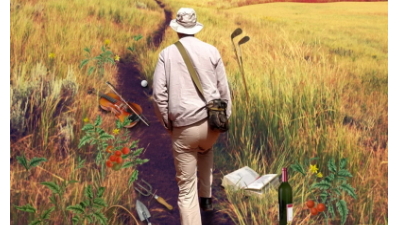
The changing face of retirement in Australia
An article in which the author reflects upon his own retirement journey and how the societal understanding of retirement and political landscape shape our expectations.
View resourceYour wellbeing
We’ve probably all heard of ‘wellbeing’, but what does it actually mean, and why does it matter? At Mindset for life we have adopted the Five Ways to Wellbeing as our starting point, with the addition of sleeping and eating well. Here you will find some wellbeing resources to help you understand and maintain your own wellbeing in later life.

Wellbeing and what influences it
Every aspect of your life influences your state of wellbeing. International studies have shown that it’s the quality of our personal relationships, not the size of our bank balances, which has the greatest effect on our state of wellbeing.
View resource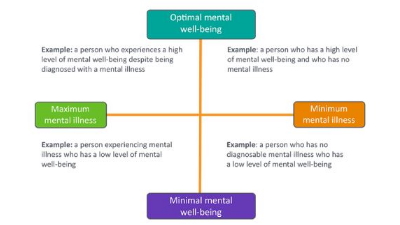
What is wellbeing?
Although it sounds like ‘wellbeing’ would be more about a state of ‘being’ than about action, there are things we can practically do to increase our wellbeing. Find out more about what you can ‘do’ & get links to useful resources at this resource page created by the Royal Melbourne Hospital.
View resource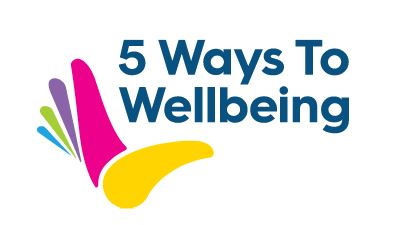
A wellbeing self-assessment
This quick online self-assessment will give you a snapshot of your wellbeing right now. More importantly, when you get your results you also get some helpful tips and strategies to boost your sense of wellebing.
View resourceYour purpose
Purpose sounds very lofty, but at its core, its what gives us a reason to get up in the morning. That may be purpose with a capital ‘P’ but it might be a lot of small day-to-day things that drive us out of bed and give us a sense of achievement. Whatever your working life was, a retirement-style transition can leave a significnat ‘purpose gap’ in your weekly routine. In this section we share some of the reosurces the Mindset for Life team have found useful as they reimagine their own purpose post-work.

Unlocking a Healthy Lifestyle: Purpose in Life as a Key
Apart from the motivational elements of purpose, the skills one uses when living their purpose can also contribute to a healthy lifestyle. Don’t just consider the immediate benefits of a healthy lifestyle, but also think about how your health contributes toward achieving your overall purpose.
View resource
Finding both pleasure and purpose in life
In designing a good life for yourself in the years after work, it’s helpful to think about creating a flow of things that give you pleasure and purpose. The more things that can provide you with a sense of both, the better! Paul Dolan from London School of Economics share the concept in a range of videos on his ‘Happiness by Design’ page.
View resourceYour habits
Underpinning a lot of our daily actions and behaviours is a set of entrenched and autmoatic habits. Some of our habits are good for us, like brushing our teeth, but others can have detrimental impacts on our health and wellbeing. Mindset for Life introduces people to Tiny Habits®, a simple approach to making positive change easy and fun. In this section we share some resources and ideas that we have found helpful in recognising and challenging our own negative habits in later life.
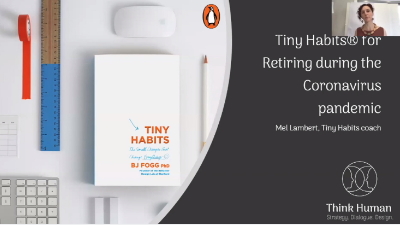
Tiny Habits® for navigating retirement
As part of the Tiny Habits global response to Covid-19 in 2020, Mindset for Life co-founder Mel Lambert taught this 30 minute session on applying the Tiny Habits method to your retirement transition.
View resource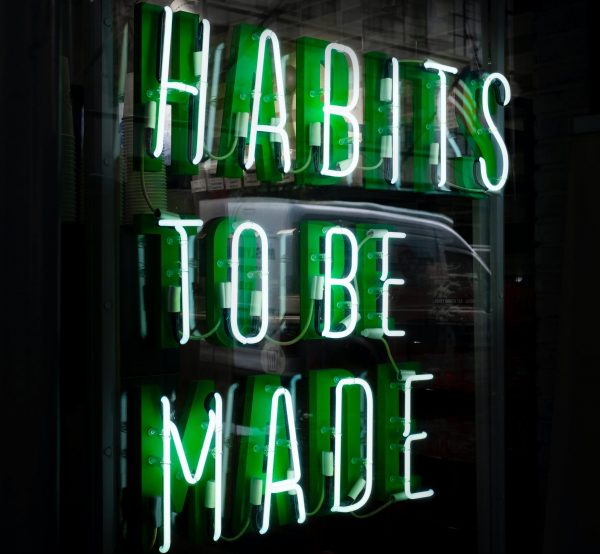
Making habits that last
Many New Years resolutions fail, often because they are too vague, too ambitious, or too tied to that thing we call ‘motivation’. In this interview with Dr BJ Fogg, the behvourial scientist behind Tiny Habits® shares his wisdom on how to make habits that really stick.
View resourceYour mindset
Underpinning all of our experiences and decisions is somehting deeply ingrained: our mindset. Our mindset is not what we belive about external issues, but what we belive about ourselves and our own skills and abilities. It goes without saying that at Mindset for Life, we believe mindset is pretty important! In this section you’ll find some resources and ideas that have helped us to grapple with our own fixed mindsets and create positive change.

Introduction to growth and fixed mindsets
This brief article by Carole Dweck, the so-called ‘inventor’ of growth and fixed mindsets, explains the difference betwen them and some comomn misconcpetoins people have about their mindset (all of which we have seen and experienced for ourselves!).
View resource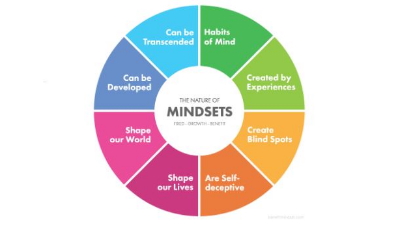
Does mindset matter?
This article describes eight principles underlying mindsets and makes a strong case that we ignore or remain unaware of our mindset at our peril!
View resource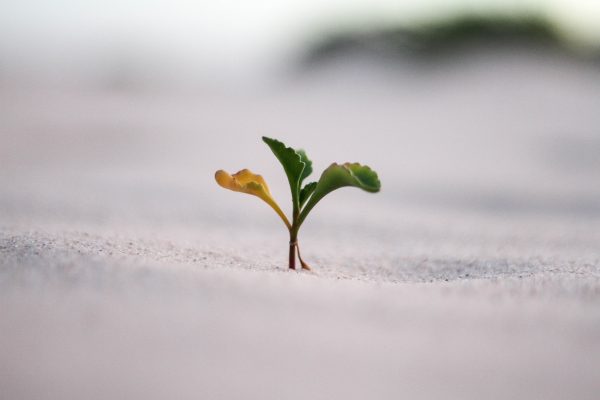
25 Ways to Develop a Growth Mindset
A growth mindset is based on the belief that our basic qualities are things we can cultivate through effort. We all differ in our initial talents and aptitudes, interests, or temperaments, but we can change and grow through application and experience.
View resource
